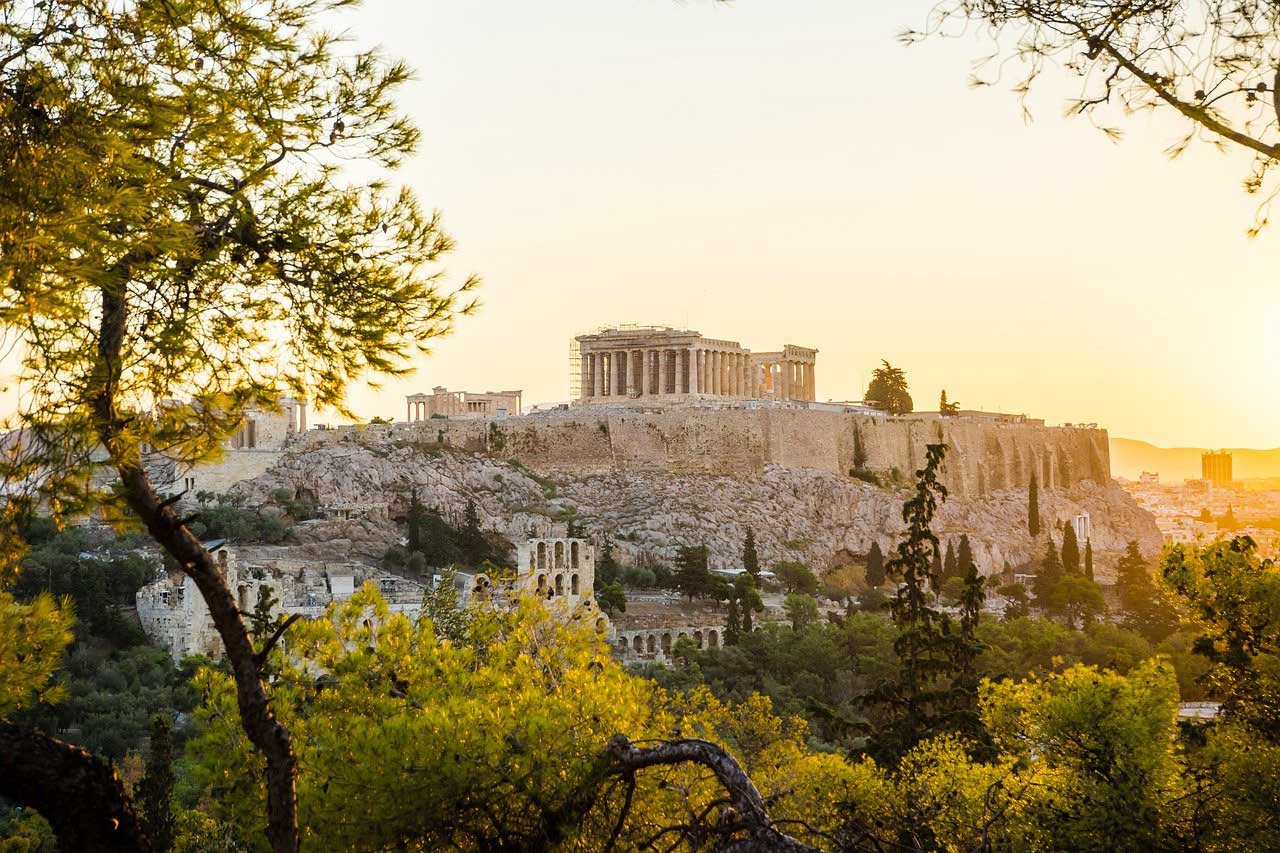Greece is starting an active campaign to support tourism this coming winter. It aims to attract European retirees and young people who could work remotely and spend the winter months in a country where heating costs are negligible compared to the rest of Europe.
“Our winters are milder and therefore energy costs are lower,” Tourism Minister Vassilis Kokilias said a few days ago, opening the campaign, which is a natural extension of the South Aegean initiative.
In general, the active season in Greece ends in mid-September, but many of the southernmost islands receive guests in October and even November.
This summer, the most significant income for Greek tourism came from the expansion of the German market. By the end of August, the number of German passengers at Eleftherios Venizelos Airport in Athens was 29% higher than in the same month in 2019.
There were 25% more German tourists in Rhodes and 78% more in Chania, Crete.
In the first three weeks of August, airports in the Cyclades, the Dodecanese, and around Rhodes and Crete registered 16% more passengers than in pre-pandemic 2019. At that time, the Greek economy earned 18.2 billion euros from tourism, while this year the forecast is at least 20 billion euros.
Nearly 31.3 million tourists and 2.6 million cruise passengers visited Greece in a record year for tourism in 2019.
This year, market watchers expect a five percent increase in visitors compared to 2019.

